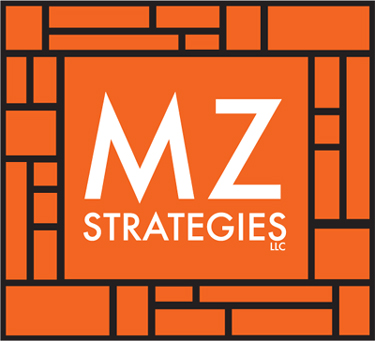Planning Globally, Acting Locally with Arlington’s Streetcar
Colombia Pike in Arlington, VA where streetcar is being proposed. Photo source: cliff1066â„¢ on Flickr.
Living and working in Arlington, Virginia I am unabashedly proud of my community. We have a deep commitment to public engagement that has been central to the County’s development success. Our political leadership has consistently supported investments and policies to make ours a thriving, vibrant and livable community. The Rosslyn-Ballston corridor (aka the Orange Line) is one of the best examples of transit-oriented development in the country. And yet, like many communities we are still in need of more transportation options, we are challenged to ensure housing affordable to people at a range of incomes and household sizes, and we have an active group of critics opposed to public investment.
For the past 10 years, Arlington has been studying the feasibility of re-introducing streetcar along Colombia Pike and Route 1. I’ve had the chance as a resident to engage in this process at various intervals and have been deeply impressed by the holistic approach my community has taken on land use, affordable housing, and mobility needs but also dismayed that we are not further along with this investment. The County took early action to introduce form-based codes along the Pike through a zoning process that engaged residents, businesses, and developers to help identify the needs and aspirations for future development along the Corridor.
Advocates want to ensure preservation of affordable housing along the corridor. In response, last July the County Board approved the Colombia Pike Neighborhood Plan to preserve the 6,200 existing market-rate affordable units and create new incentives to keep those units available for low- and moderate-income households for the long-term. As noted in a Greater, Greater Washington blog by Canaan Merchant, “The neighborhood plan covers much more than affordable housing. It deals with zoning, transportation, open space, schools, parking, preservation, and more. The plan is comprehensive and ambitious because it is a plan by the county to preserve 100% of the "Committed Affordable Units" (CAFs) currently in the planning area of the Neighborhood Plan. This is much higher than the county-wide requirement to retain 50% of CAFs in any redevelopment project.”
Buses are at capacity, running every two minutes during rush hours and carrying 16,000 people a day, and traffic clogs the road. The County has steadily made investments to improve existing bus service, sidewalks, and bus stops to help meet the growing demand for high-quality transit. This includes the introduction of “Super Stops” along Colombia Pike to provide larger and more accessible bus shelters.Each of these actions is being done to set the stage for new streetcar investment that will provide higher-capacity transit service, foster economic development along the corridor, and connect to the County and region’s transit system. As noted in a new publication by the Coalition for Smarter Growth, Thinking Big Planning Smart, the Colombia Pike Streetcar is one of many new transit projects being proposed in the Greater Washington DC metro. What’s the critical missing piece? Funding. Over half of the estimated $250 million streetcar project cost will be funded locally with $75 million being sought in federal funding. Sequestration budget cuts to FTA may again thwart project funding, as happened several years ago when Virginia's Supreme Court overturned a regional transit funding measure.
While the County has steadily worked to address community concerns and aspirations, opponents have also used the past 10 years to organize. A recent public forum underscored how contentious large public investments have become, even in a progressive community like Arlington. With federal funding threatened by sequestration local critics smell blood in the water. Streetcar advocates are organizing to also make sure their voices are heard.
During this time period I have worked with many communities to help realize their local transit and development aspirations. The current threat to Arlington’s own streetcar desire, is a reminder to me of the importance for transportation professionals to engage in these same issues when they are happening in our own backyard.


